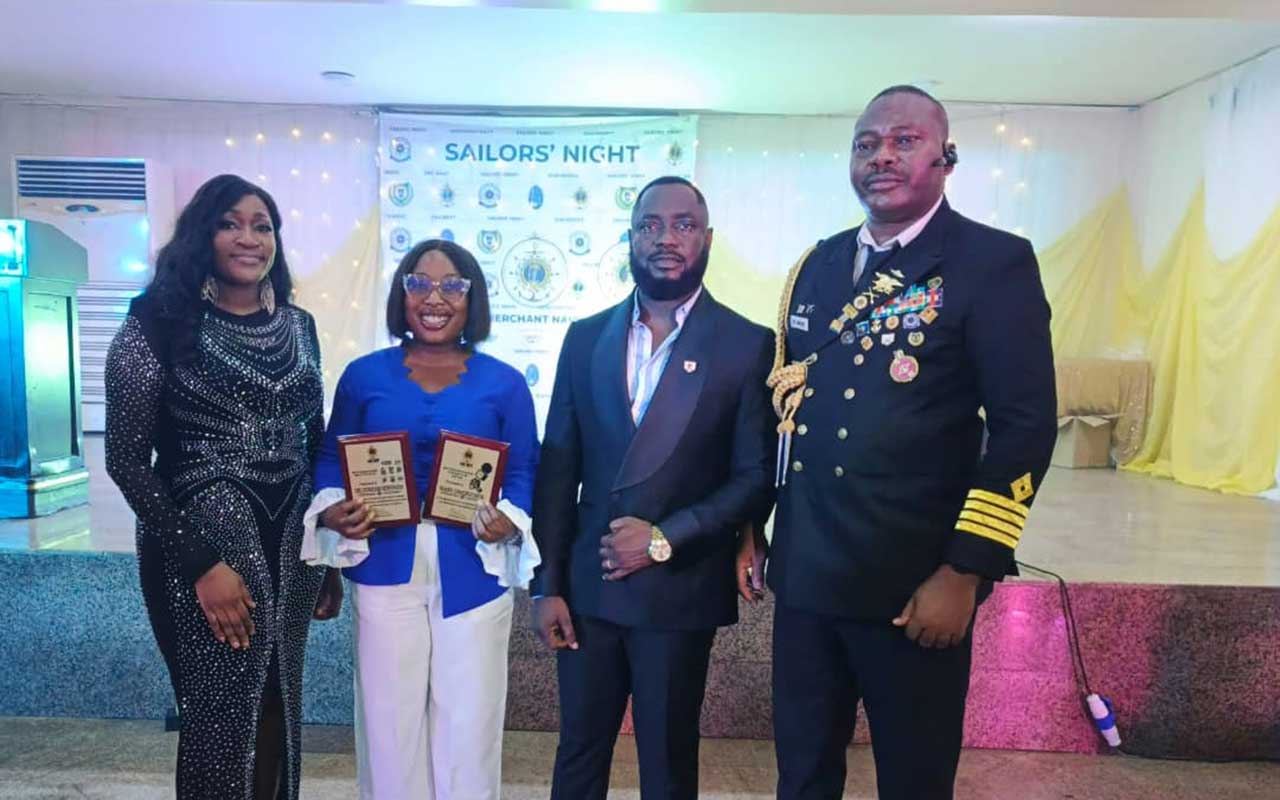
A recent report by the Salama Sexual Assault Referral Centre (SARC) has revealed that every 10 minutes, a woman is either sexually violated or killed in Nigeria.
The study followed findings by the centre indicating that between 2019 and 2025, about 4,426 women, girls and children across eight council areas of Kaduna State had experienced one form of gender-based violence (GBV) or the other.
SARC Centre’s Manager for Kafanchan Zone, Grace Abim, gave the figure at a capacity-building session for the group, organised by Global Rights Nigeria, in Abuja.
She said in 2019, they recorded two GBV cases, however with increased awareness, they have recorded about 4,426 incidents in the zone, which covers eight Local Councils as of January this year, with 3,600 mostly women
The manager stressed that the county still has a long way to go on GBV, noting that people were beginning to speak up, especially in states with Sexual and Gender-Based Violence Centres, unlike before when people were dying in silence because of lack of where to report the abuses.
While lamenting the slow pace of getting justice for victims in the country, Abim observed several barriers to justice dispensation, including social, religious and cultural challenges.
She stated that it is important that the offender gets punished according to the law.
Her words: “GBV has no respect for ages, culture, religion, tribe, profession, anyone can be a victim. However, most of the cases recorded were women and children.”
Abim pointed out that funding was critical in addressing the menace, stating that the government could not do it alone, hence the need for private individuals’ support.
She said although the Kaduna State government had provided the centre with requisite resources, the increasing number of cases call for more funding from well-meaning Nigerians.
The Programme Officer for Women and Gender at Global Rights, Noya Sedi, in her remarks, said the workshop aimed to promote effective community referral pathways for addressing sexual and gender-based violence (SGBV) in the Northwest and to emphasise the critical role of Sexual Assault Referral Centres (SARCs) in properly handling SGBV cases.
She said they intended to bridge the gap between informal community-based responses and formal support systems, integrating community dialogue committees with established structures to improve referral pathways and response mechanisms to GBV.
The training also underlined the importance of community involvement, as local members often serve as the first point of contact for survivors. The project encouraged continued community-driven dialogue to enhance safety and awareness for all.






